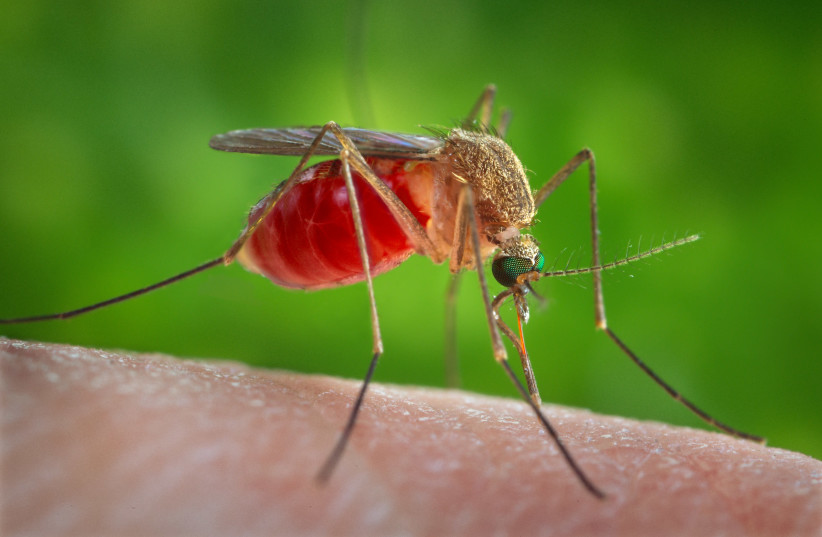Mosquitos, Spanish and Portuguese for "little fly," are small insects found around the globe, annoyingly familiar for their bites.
Despite an extremely short lifespan, the mosquito is known mostly for its ability to wreak havoc on humans and various other hosts through its bites.
With almost 3,600 species of mosquito worldwide, the insect has managed to adapt to the resources available in its environment.
A large number of mosquito species are blood-sucking, as the females need to obtain nutrients for laying eggs by piercing a host's skin and sucking its blood using its specialized mouthparts.
When it bites the host's skin, the mosquito's saliva is transferred, which can cause an unbearable itchy rash and small red bumps.

Here is everything you need to know about mosquito bites, how to treat them and when to worry:
How long do mosquito bites take to go away?
In most cases, a mosquito bite will fully heal in under a week, in about three to four days.
The itching sensation will gradually fade as the skin around the bite returns to its original color due to decreased swelling.
Why do mosquito bites itch?
The female mosquito's saliva, which is transferred to your body when it bites, contained proteins that cause small allergic reactions in most humans.
That causes your immune system to react, with the area around the bite swelling and a red bump forming.
How do you treat mosquito bites?
The best way to treat mosquito bites is by washing them with soap and warm water.
It is also possible to use over-the-counter pain relievers or anti-itch medications if the pain and irritation are too tough to ignore.
Is there any way to prevent mosquito bites?
According to a study published earlier this year, the way to avoid mosquitoes has everything to do with color.
When these insects look for their targets, they first find by detecting carbon dioxide that we exhale, in a process, Riffell compares smelling pie crust and cinnamon while walking down the street and knowing there must be a bakery nearby.
But after smelling carbon dioxide, they tend to fly towards certain colors. Specifically, they tend to go for red, orange, black and cyan.
Other colors like green, white, blue and purple, on the other hand, they tend to ignore.
When should you worry about a mosquito bite?
Mosquitoes are infamous for their bites, and they have specific targets. Their bites don't just cause itchiness but can cause fatal diseases such as Zika, West Nile virus, Dengue, yellow fever, malaria and more.
In fact, mosquitoes are responsible for uncountable human deaths.
If a mosquito bite on your body is significantly larger than the typical 1.27 cm in diameter, it could be a symptom of an allergic reaction.
If you are suffering from fever, severe headaches, nausea or confusion due to a mosquito bite, seek emergency medical attention.
Aaron Reich contributed to this report.
